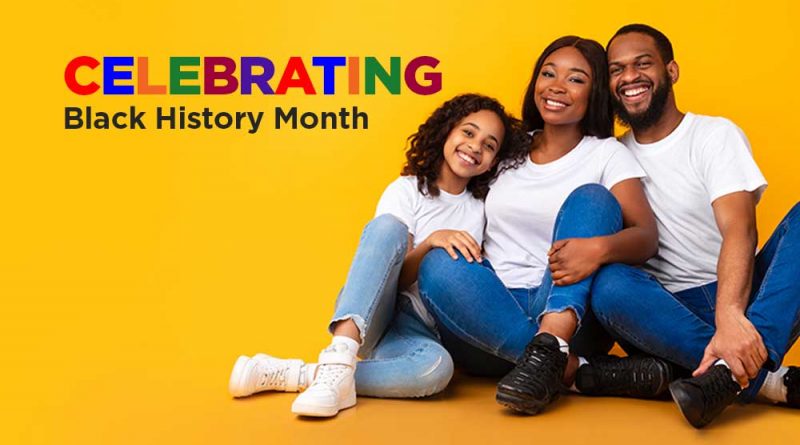10 Grants to Celebrate Black History Month
February is Black History Month, a month in which people all over the world pay homage to the generations of African Americans who have faced and overcome adversity. The month honors African Americans dating back from the time of slavery all the way to those living today.
The idea for the month came from teachers and students at Kent State University who first proposed the celebration in February of 1969. The month was then celebrated a year later for the first time ever. In 1976, President Gerald R. Ford officially recognized Black History Month.
GrantWatch.com has a category specifically for BIPOC (Black, Indigenous and People of Color) grants. In honor of Black History Month, we will be sharing 10 grants from this category that are currently available. In addition, we will also be highlighting several African Americans who have made a significant mark in history.
10 in Honor of Black History Month
- First, grants are available to nonprofit historically Black IHEs (Institutions of Higher Education). Grants will help strengthen humanities courses and programming.
- There are also grants available to Black and Indigenous-led organizations to promote social justice and systemic change in local communities.
- Additionally, grants of up to $20,000 are available to Black-led organizations for programs to help address social change.
- There are opportunities for Black business owners to participate in a business accelerator program.
- In addition to in-kind support, grants of $5,000 and $10,000 are available to Black women entrepreneurs. These grants support equal opportunities in business.
- Grants are available to nonprofits to promote opportunities for Black youth ages 14-24.
- There are also grants available to Black individuals working in the U.S. hospitality industry. Funding will provide mental health support as a result of the effects of COVID-19.
- In-kind support valued at $500 is available to BIPOC jewelry design artists, entrepreneurs and creative directors. This will help enable business growth and development.
- Grants to nonprofits, academic institutions, government agencies and Native American tribes are available. Grants will fund the technology necessary to digitally preserve historical collections related to BIPOC cultures.
- Finally, there are grants available for autistic adults and youth of color to support individual needs.
Some Incredible African Americans Who Have Shaped History
James McCune Smith
James McCune Smith was the first African American-licensed doctor in the United States. Born into slavery in 1813 in Manhattan, he was set free at the age of 14 when New York outlawed slavery. He attended a school for Black children and was considered exceptionally bright. When medical school applications to Columbia and Geneva Medical College were rejected, a mentor encouraged him to apply to medical school in Scotland.
When he returned to the United States, Smith opened his medical practice and established the first-ever Black-owned pharmacy.
Click here to discover grants for Health and Medical funding.
Shirley Chisholm
A former member of the U.S. House of Representatives, Shirley Chisholm was incredibly influential in American political history. In 1968, Chisholm became the first Black woman ever elected to the United States Congress. Breaking this paved the way for women of color to win elections over the next five decades. She was also the first Black candidate to receive a major party’s nomination when she ran for the Democratic presidential nomination.
In Congress, Shirley Chisholm worked hard to expand food and nutrition programs for the poor. In 2015, then-President Barack Obama awarded her the Presidential Medal of Freedom.
Click here to discover grants for social justice programs.
Bessie Coleman
Bessie Coleman was the first-ever African American pilot in the United States. Though she lived a very short life, she was on a mission to help others to achieve their dreams. Well-known as a daring entertainer, Coleman often performed complicated flying tricks that earned her the nicknames “Brave Bessie” and “Queen Bess.”
As a woman who was also African American, Coleman wasn’t able to attend pilot school in the U.S. However, France allowed women to become pilots, so she spent nights studying French to apply in France for pilot certification. Following her training at the Caudron Brothers’ School of Aviation in Le Crotoy, France, Coleman was certified by the Fédération Aéronautique Internationale. She then returned to the United States, where she performed the first ever public flight by an African American woman.
Click here to discover grants for women.
GrantNews Notes
With more than 7,000 grants currently available, GrantWatch.com is the leading grant listing directory. With your MemberPlus+ subscription, you can access an exact-keyword search tool and view full grant details, including eligibility criteria and application information. For more information, you can also visit the GrantWatch FAQ page.

